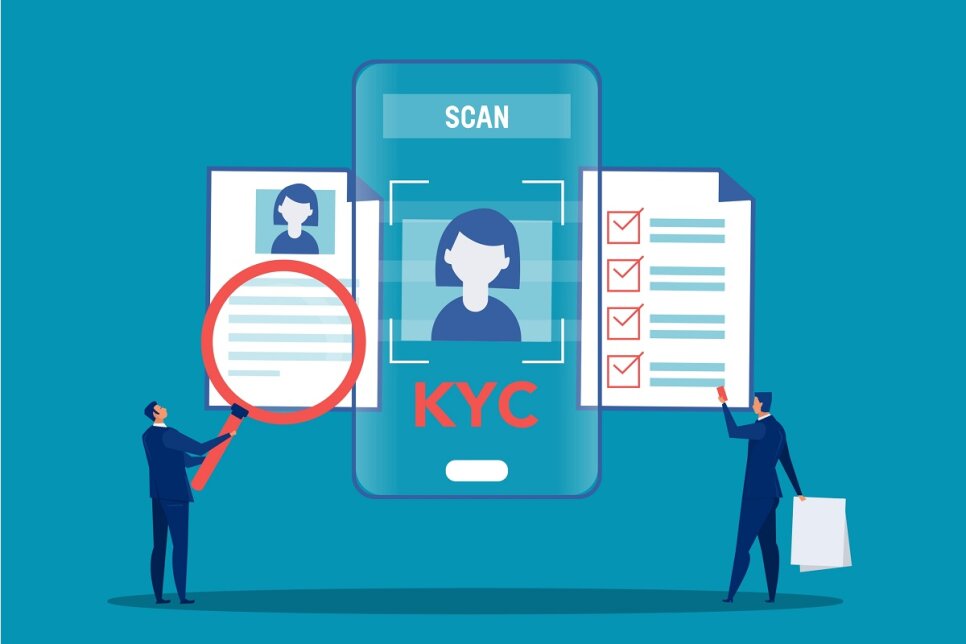We share verified earning schemes daily on Telegram.
In our Telegram channel, you'll find crypto signals, insider info on HYIPs, combo deals for tappers, and coin giveaways. Only verified earning methods without fluff.
Cryptocurrency institutions are not willing to deal with fraudsters and criminals, thoroughly and meticulously verifying their clients. For cryptocurrency exchanges and online startups, reputation holds paramount importance, as users entrust their savings only to verified partners and brokers. How does the procedure known as «know your customer» help enhance trust in the financial environment?
KYC or «know your customer» — a mandatory legal requirement for financial service providers. KYC combats the transfer of funds obtained illegally. The procedure is primarily aimed at protecting users and their cryptocurrency assets. To conduct KYC, an exchange will most likely require identity documents such as a passport or driver's license.
Beginner traders encounter KYC for the first time when registering an account on electronic exchanges. For example, Binance requires users to hold a passport near their face and take a selfie, then upload the photo to their personal account. This verification process takes no more than 24 hours and allows users to withdraw larger amounts and provides additional benefits.
Advantages of KYC:
- By identifying the user's identity, creditors are more loyal to them, offering, for instance, leverage for asset trading;
- KYC combats fraud, cryptocurrency thefts, and personal data breaches;
- It increases customer trust in exchanges and services.
Despite its strengths, KYC has significant drawbacks:
- Cryptocurrencies are an anonymous means of payment, yet KYC requires identity documents, contradicting the very nature of cryptocurrencies;
- If KYC on one of the exchanges is poorly implemented, users' funds may be stolen;
- Exchanges maintain entire security departments, which are funded by users through various exchange fees.










Information
Users of Гости are not allowed to comment this publication.